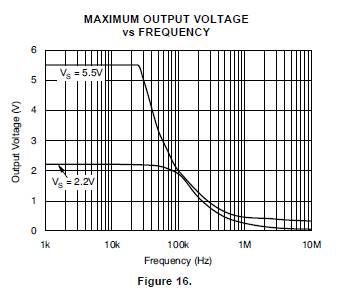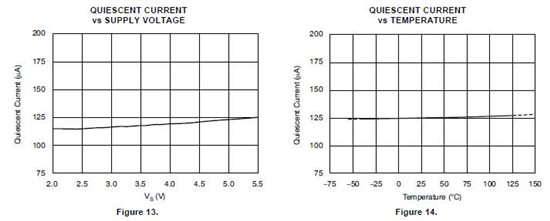Hi,
I'm doing some dynamic response calculations on a circuit and got the following doubt,
OPA378 data sheet says that it's slew rate is 0.4 V/us for G=1. My problem is what is the slew rate figure if the gain is (G) 20?
Thanks in advance and Regards,
Kavindu



